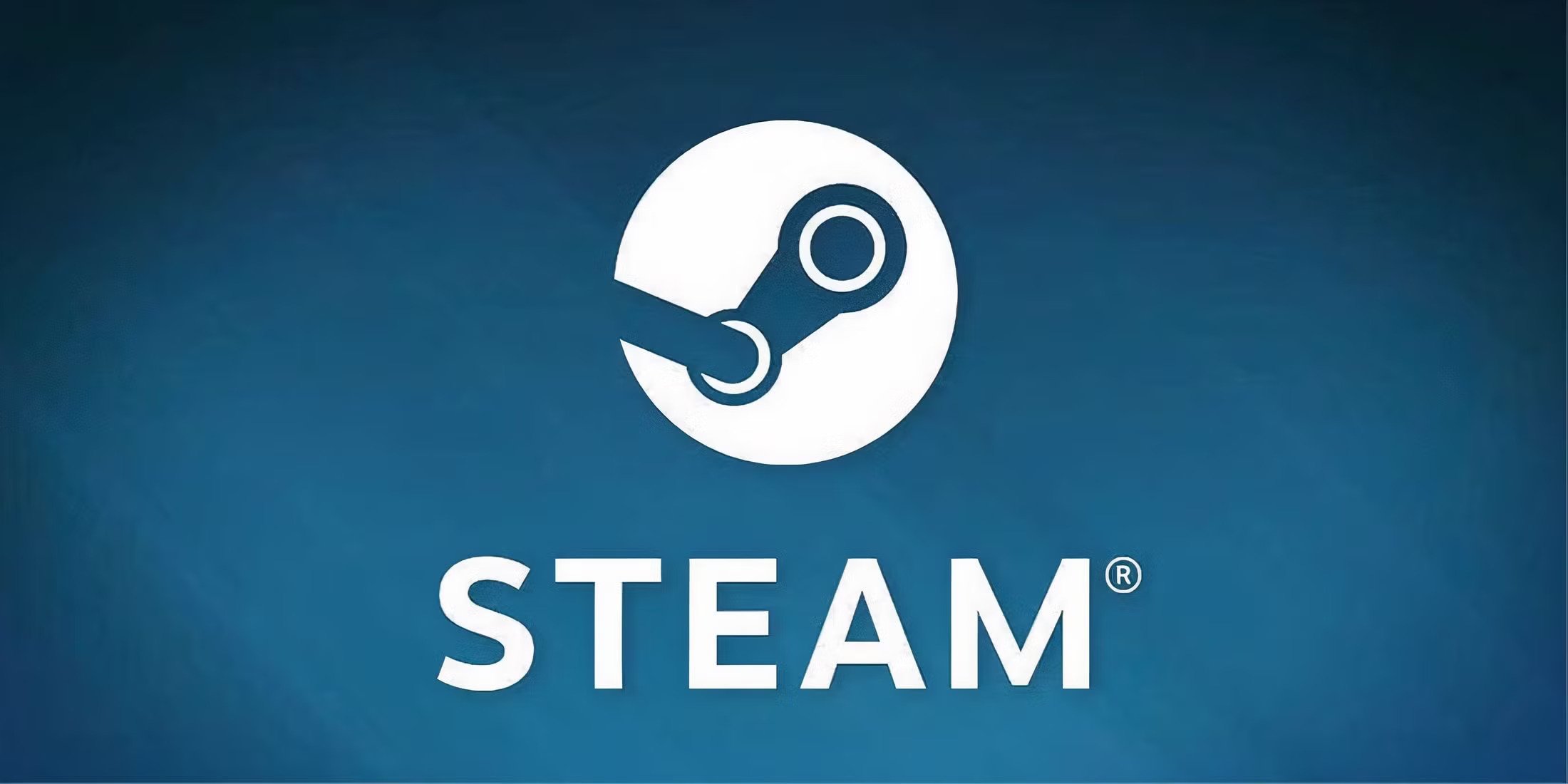Valve has announced a significant change regarding anti-cheat disclaimers on its Steam platform, requiring developers to clearly indicate whether their games utilize kernel-level anti-cheat tools. Kernel-level anti-cheat systems function by connecting directly to a player’s PC and scanning for software that might indicate cheating.
These systems run at a high level of access within the operating system, allowing them to detect cheating software rather than relying solely on server-side checks. While many popular games, such as Call of Duty: Warzone, Fortnite, and Apex Legends, have employed these invasive measures for some time, they have raised concerns among players about privacy and security.
As part of the updated policy, Valve mandates that developers must fill out a disclaimer on their game’s Steam store page if their game includes kernel-level anti-cheat software. This new disclaimer will read “Uses Kernel Level Anti-Cheat,” providing potential buyers with essential information before they decide to install the game.
Valve also stated that it will contact developers of existing games that fit this category to ensure their pages are updated accordingly. This proactive approach is aimed at fostering transparency and accountability within the gaming community.
The announcement further clarifies that developers using only server-based anti-cheat tools, which do not access players’ systems directly, are not required to include this new disclaimer. The option to use the disclaimer field remains voluntary for games that utilize server-side anti-cheat systems.

This distinction allows developers to communicate the nature of their anti-cheat tools while giving players the ability to make informed choices based on their comfort levels regarding software privacy.
This change reflects a growing emphasis on transparency in the gaming industry, particularly concerning invasive anti-cheat measures. Players have long voiced concerns over kernel-level anti-cheat software due to its potential to infringe on their privacy and security.
By implementing clear disclosures at the point of purchase, Valve aims to educate players about the permissions and software they are authorizing when they install a game, ultimately helping to build trust between developers and the gaming community.
Valve’s decision to require disclosures about kernel-level anti-cheat software is seen as a positive step for both players and developers. It allows users to better understand the implications of the software they are installing while providing a clearer framework for developers to communicate their security measures.
As the gaming industry continues to navigate the challenges of fair play and player privacy, this initiative could lead to more informed gaming experiences and foster a healthier relationship between players and game developers.







